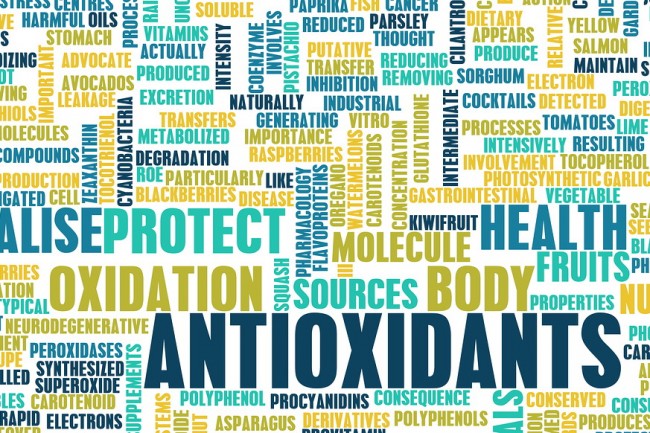- Make It Yourself Lavender Heart-Shaped Bath Bombs!
- 20 Things You Never Knew About “Down There”
- 12 Best Foods For Those Suffering From Arthritis Pain
- 12 Personal Hygiene Mistakes Almost Everyone Makes (Mom Never Told You About #4!)
- 15 Medicinal Plants And Herbs From The Cherokee People
- 12 Mind-Blowing Benefits Of Drinking Coconut Water During Pregnancy
- 12 Outstanding Winter Foods That Won’t Fatten You Up Like A Christmas Turkey
Most Common Myths About Antioxidants Busted
Ah yes, antioxidants — the supposed cure for everything. These compounds which are found in our food are widely believed to be a nutritional magic bullet that can defend against everything that ails us. But is this really true, or just a case of health marketing and pop-science gone wild? Let’s explore this topic and separate fact from fiction when it comes to antioxidants.
Myth 1: Free Radicals are the Root of all Evil (and Antioxidants are the Cure)
We need to clarify what we’re talking about before we go any further. Antioxidant is a term used to describe a special class of molecules which have the ability to counteract free radicals, which have become something of a boogeyman in health and nutrition blogs.
It all starts with the process of oxidation, which is a normal and natural metabolic process of cell functioning in your body. A byproduct of the process of oxidation is the creation of free radicals which are molecules that have been stripped of one of their electrons. This is molecularly unstable, so this free radical molecule will try to steal an electron from a nearby molecule in order to become balanced again. The molecule which has now lost an electron will in turn become a free radical, and the cycle repeats, leading to a chain reaction of molecules becoming free radicals and stealing electrons from each other in an attempt to make themselves stable.
Free radicals can serve a constructive purpose. For instance, part of the way that white blood cells attack harmful germs is by “shooting” these free radical electrons into an enemy germ to kill it. But too many free radicals can have the opposite effect on your health. The chain reaction as described above can damage your DNA, increase the aging process, and raise your risk of developing cancer among other problems.
Antioxidants are a special type of molecule which can neutralize a free radical chain reaction. They do this by giving up one of their own electrons and allowing it to pair with the free radical. What makes antioxidants unique is that they can continue to maintain molecular stability after doing this.
So far so good, right? Based on the information here, it would seem that whenever you see antioxidants on a label, you can rest assured you’re getting quality nutrients. But the truth is more complicated, and the other myths surround antioxidants might be doing more harm than good.
Continue to Page 2





























